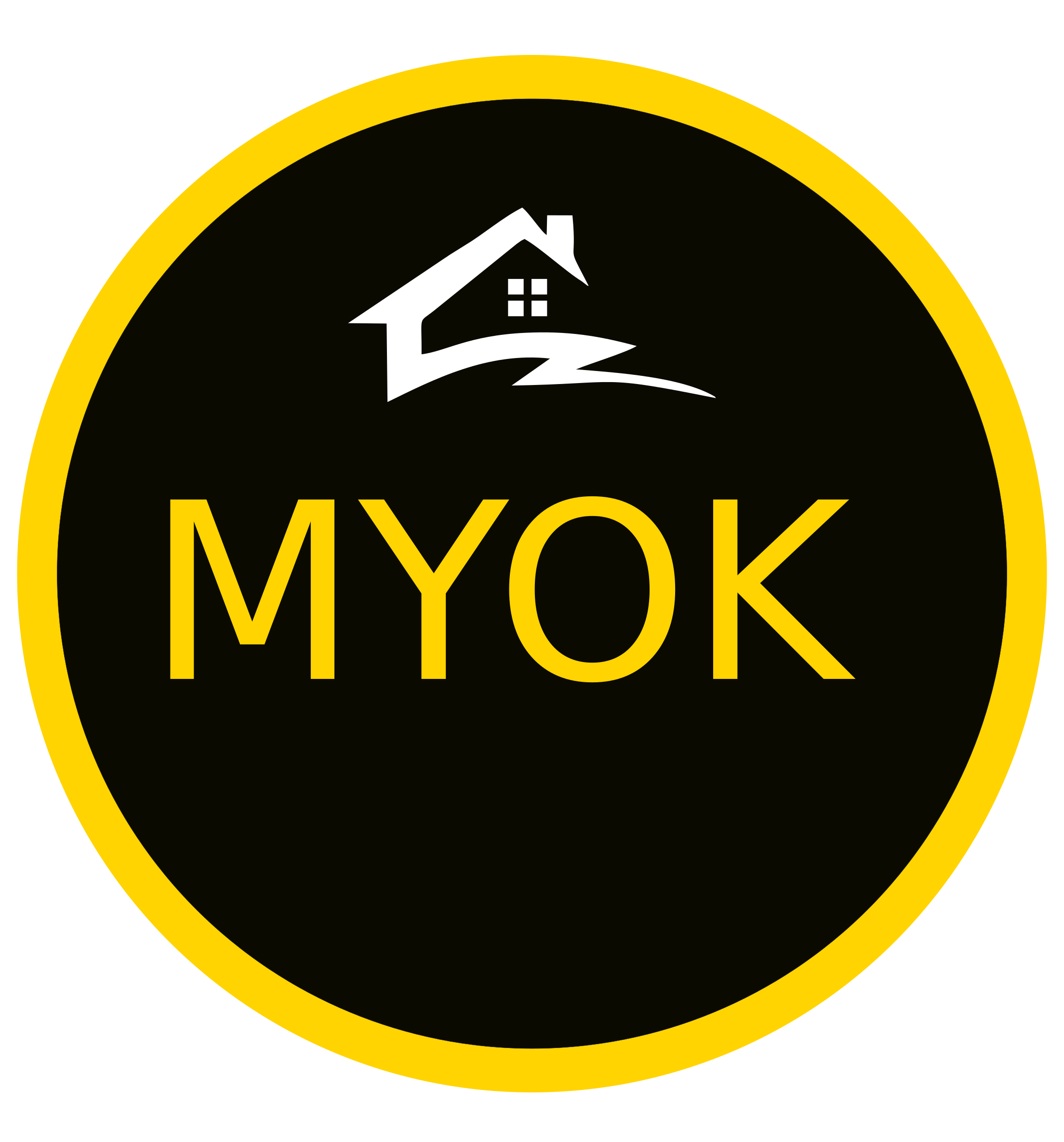UPVC Doors & Windows
uPVC stands for unplasticized polyvinyl chloride, which is a type of rigid, durable plastic commonly used in construction for doors and windows. uPVC doors and windows offer several advantages:
-
Low Maintenance: uPVC is resistant to rot, corrosion, and pests, making uPVC doors and windows virtually maintenance-free. They do not require painting or sealing and can be easily cleaned with soap and water.
-
Energy Efficiency: uPVC has excellent thermal insulation properties, which help to reduce heat transfer between the interior and exterior of a building. This can lead to energy savings on heating and cooling costs.
-
Weather Resistance: uPVC doors and windows are highly resistant to moisture, wind, and weathering, making them suitable for use in various climates. They do not warp, swell, or deteriorate over time when exposed to harsh environmental conditions.
-
Sound Insulation: The inherent density of uPVC helps to reduce noise transmission, making uPVC doors and windows effective at blocking out unwanted external noise.
-
Security: uPVC doors and windows are inherently strong and can be reinforced with additional locking mechanisms and security features to enhance home security.
-
Versatility: uPVC doors and windows come in a variety of styles, colors, and finishes to suit different architectural designs and aesthetic preferences. They can be customized with features such as decorative glass panels, grilles, and hardware.
-
Environmentally Friendly: uPVC is a recyclable material, and uPVC doors and windows can be recycled at the end of their lifespan, reducing their environmental impact.
Overall, uPVC doors and windows offer a cost-effective, durable, and energy-efficient solution for residential and commercial buildings, providing long-lasting performance and aesthetic appeal.
